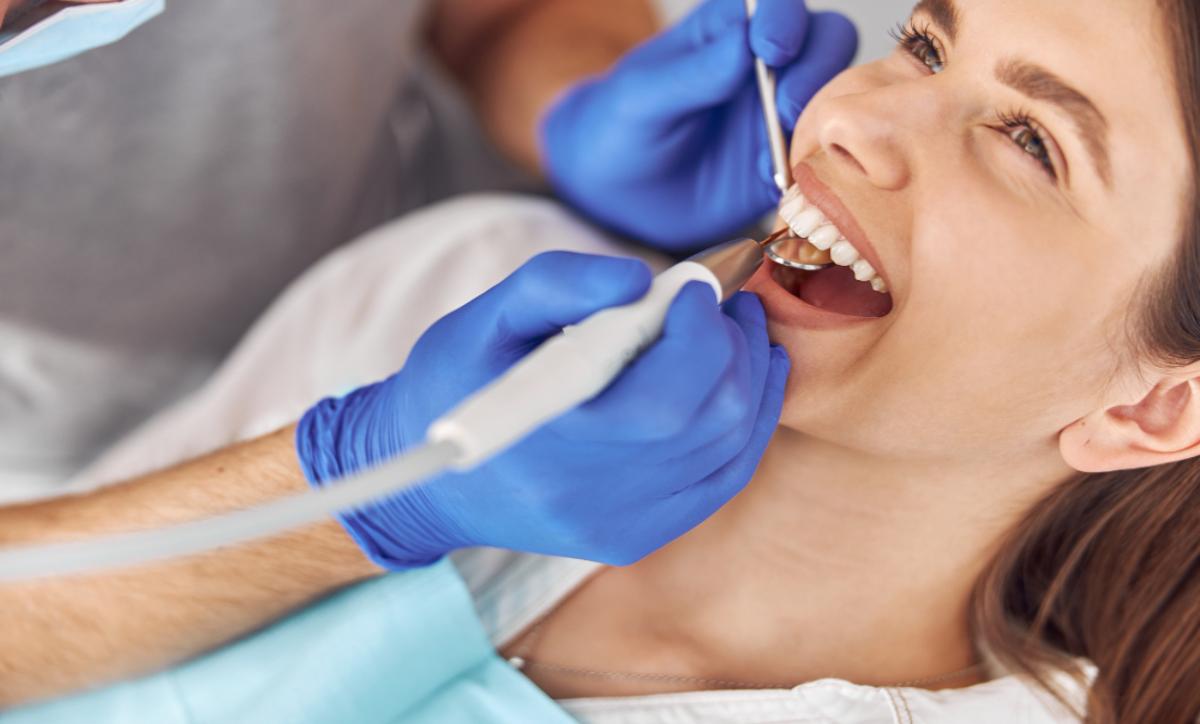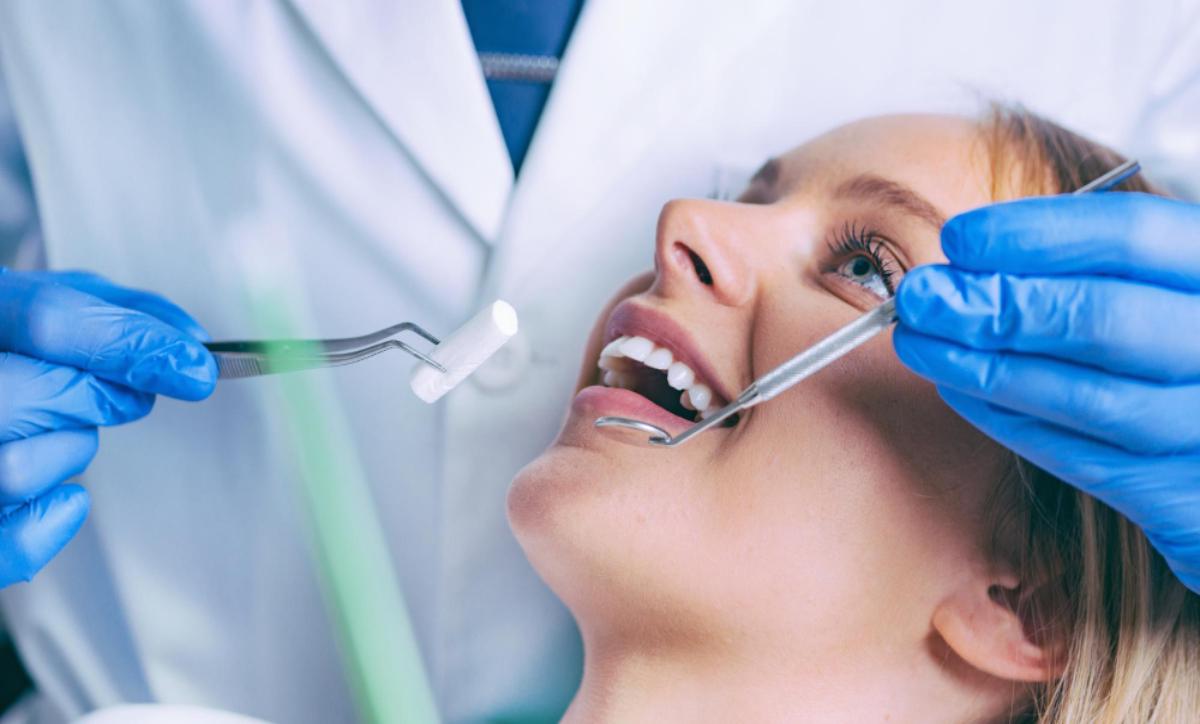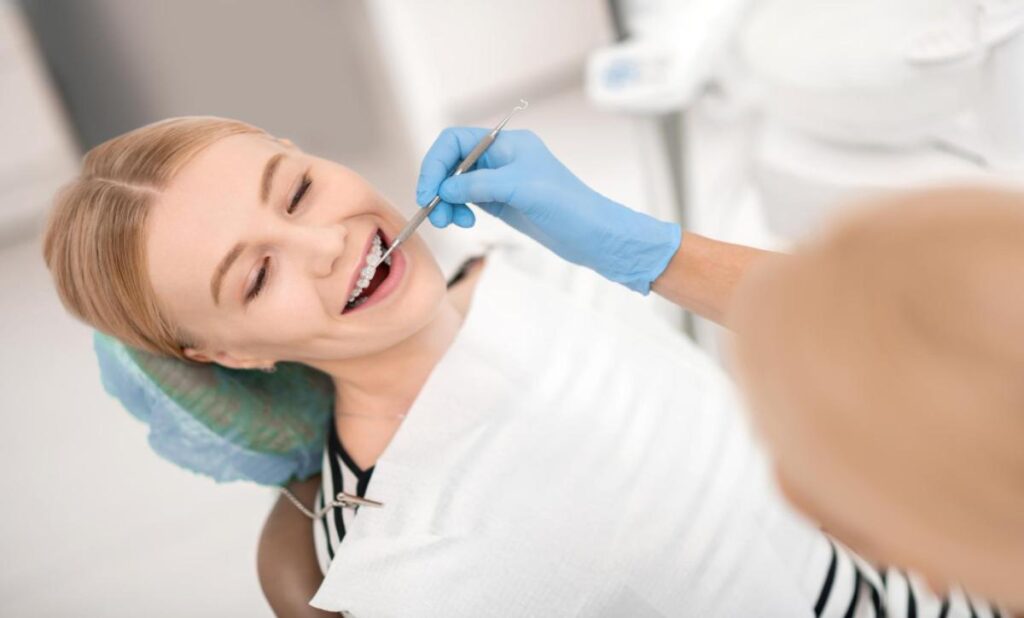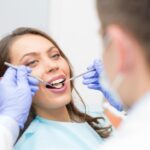Introduction to Preventive Dentistry
Preventive dentistry is the cornerstone of maintaining optimal oral health and avoiding serious dental issues. By focusing on preventive measures, individuals can minimize the need for extensive Dental Treatment in the future. This guide explores the top practices in preventive dentistry that help maintain a healthy and bright smile.
Regular Dental Check-Ups
One of the most critical components of preventive dentistry is regular dental check-ups. Visiting your dentist every six months allows for early detection of potential problems such as cavities, gum disease, and oral cancer. These check-ups often include professional cleanings, which remove plaque and tartar that cannot be eliminated by regular brushing and flossing. Regular dental visits are essential for effective Dental Treatment and maintaining oral health.

Daily Brushing and Flossing
Consistent daily brushing and flossing are fundamental practices in preventive dentistry. Brushing at least twice a day with fluoride toothpaste helps remove plaque, prevent cavities, and keep your breath fresh. Flossing daily removes food particles and plaque from between the teeth and under the gum line, areas that a toothbrush cannot reach. These daily habits are vital components of a comprehensive Dental Treatment plan.
The Role of Fluoride in Preventive Dentistry
Fluoride plays a significant role in strengthening tooth enamel and preventing decay. Many communities add fluoride to their water supply, but additional fluoride treatments can be beneficial, especially for those at higher risk of cavities. Using fluoride toothpaste and mouthwash as part of your daily routine enhances the protective benefits, making it a key aspect of preventive Dental Treatment.
Healthy Diet for Oral Health
A balanced diet is crucial for maintaining oral health. Consuming a variety of nutrient-rich foods, such as fruits, vegetables, dairy products, and lean proteins, helps keep your teeth and gums strong. Limiting sugary snacks and drinks reduces the risk of cavities. A healthy diet supports overall well-being and is an integral part of preventive Dental Treatment.
Sealants and Their Benefits
Dental sealants are thin, protective coatings applied to the chewing surfaces of the back teeth. They act as a barrier against plaque and food particles, significantly reducing the risk of cavities. Sealants are especially beneficial for children and teenagers, but adults can also benefit from them. This simple and effective preventive measure is a valuable addition to a Dental Treatment plan.
Mouthguards for Protection
Mouthguards are essential for protecting your teeth during sports and other physical activities. Custom-fitted mouthguards provide the best protection and comfort, reducing the risk of dental injuries. Using a mouthguard is a proactive step in preventive dentistry, safeguarding against the need for extensive Dental Treatment due to trauma.
Avoiding Tobacco Products
Tobacco use is detrimental to oral health, leading to gum disease, tooth decay, and oral cancer. Avoiding tobacco products, including cigarettes and chewing tobacco, is crucial for maintaining healthy teeth and gums. Quitting tobacco is one of the most impactful decisions you can make for your oral and overall health, significantly reducing the need for future Dental Treatment.

Hydration and Oral Health
Staying hydrated is important for maintaining a healthy mouth. Drinking plenty of water helps wash away food particles and bacteria, reducing the risk of cavities and gum disease. Water also helps to maintain saliva production, which is essential for neutralizing acids produced by bacteria. Good hydration is a simple yet effective preventive Dental Treatment practice.
Conclusion
Preventive dentistry involves a combination of regular dental visits, daily oral hygiene, a healthy diet, and other proactive measures. By incorporating these practices into your routine, you can maintain excellent oral health and reduce the need for extensive Dental Treatment in the future. Focusing on prevention not only keeps your smile bright but also contributes to your overall well-being.
FAQ
- How often should I visit the dentist for check-ups? It is recommended to visit the dentist every six months for regular check-ups and cleanings.
- What is the importance of daily flossing? Flossing removes plaque and food particles from areas a toothbrush can’t reach, preventing cavities and gum disease.
- How does fluoride help my teeth? Fluoride strengthens tooth enamel and helps prevent decay, making it a key part of preventive Dental Treatment.
- What foods should I avoid for better oral health? Limiting sugary snacks and drinks can significantly reduce the risk of cavities and improve oral health.
- What are dental sealants? Dental sealants are protective coatings applied to the chewing surfaces of the back teeth to prevent cavities.
- Why should I wear a mouthguard during sports? A mouthguard protects your teeth from injury during physical activities, reducing the risk of dental trauma.
- How does tobacco use affect oral health? Tobacco use can lead to gum disease, tooth decay, and oral cancer, making it crucial to avoid for better oral health.
- Why is hydration important for oral health? Drinking water helps wash away food particles and bacteria, reducing the risk of cavities and gum disease.
- What are the benefits of a healthy diet for my teeth? A healthy diet provides essential nutrients that keep teeth and gums strong and reduce the risk of dental problems.
- How can I incorporate preventive dentistry into my routine? Regular dental visits, daily brushing and flossing, a healthy diet, and avoiding tobacco are key practices in preventive Dental Treatment.












